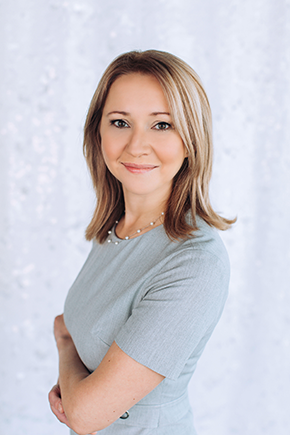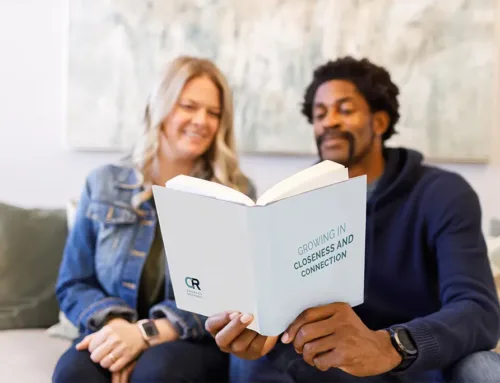ARE you there for each other?
Understanding Emotionally Focused Therapy
In this blog post, our team’s couple therapist Natalie Bergman explains a core concept in Emotionally Focused Couples Therapy: being (consistently, reliably) there for each other.
Meet the author
Natalie Bergman, DCP, RPsych
COUPLES THERAPIST
Meet the editor & copywriter
Ana Hoepfner, BEc
COMMUNICATIONS
Let’s start with an example.
Which of the following scenarios feels emotionally connected to you?
— Marco!
— Polo!
— Marco!
— (Crickets…)
It’s pretty clear that in the first scenario, one partner is accessible, responsive, and engaged, while in the second one, they are not. Nobody likes feeling ignored.
Being there for each other is crucial.
In your relationship, not only is it essential for you to be there for your partner, it is also vital for your partner to know and feel that they can reliably count on you — and vice-versa.
This is a key concept in Emotionally Focused Couples Therapy.
At Couples Reconnect, we use Emotionally Focused Therapy (EFT) to help couples build and strengthen your relationship’s emotional bonds.
One key concept in EFT is the acronym “ARE you there for me?” Here’s what it means.
A — Accessible. Are you emotionally available for your partner? Being accessible means being present and reachable when they need you. An easy way to be more accessible is to put your phone away when you are together.
R – Responsive. Do you respond to your partner’s emotional needs? Being responsive involves acknowledging and validating their feelings, offering support and comfort, and celebrating their successes. An easy way to be more responsive is to listen and then repeat back in your own words what you think your partner said, to make sure that you understood.
E — Engaged. Are you fully present and involved in your relationship? Being engaged means showing genuine interest and participating actively in your partner’s life. An easy way to show this is to spend time together, participating in an activity that you know they enjoy, and ask them questions that show your interest..
Why being present matters
References
Johnson, S. M. (2004). The practice of emotionally-focused couple therapy: Creating connection. New York: Brunner-Routledge.










